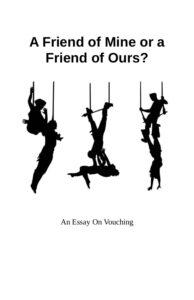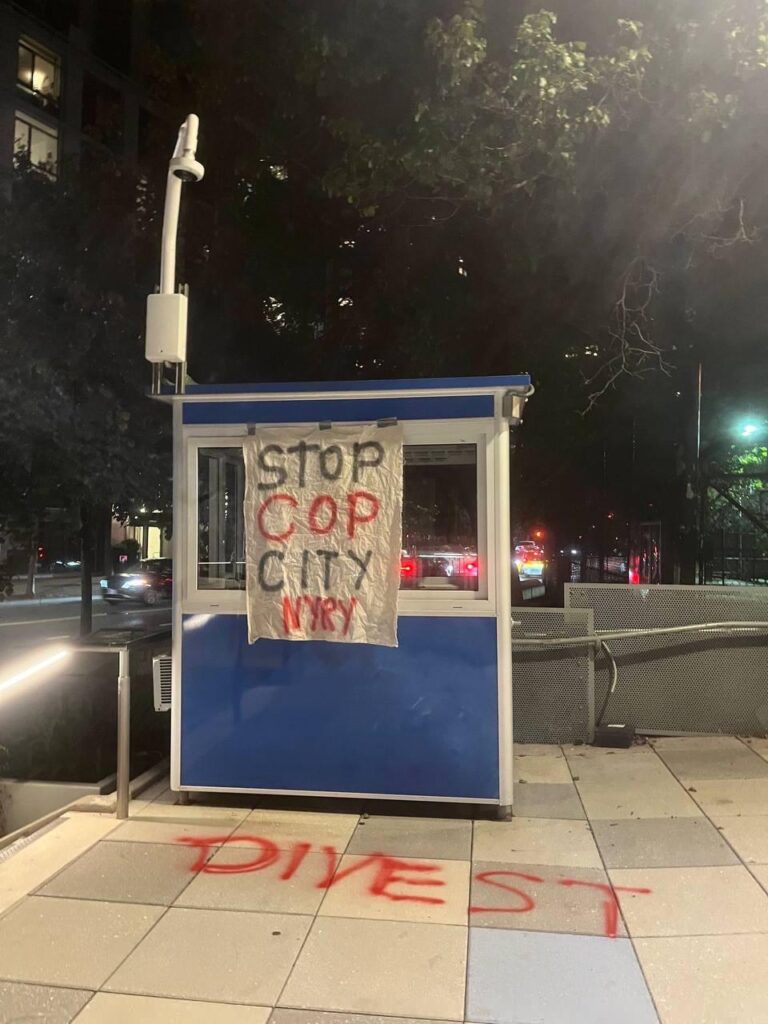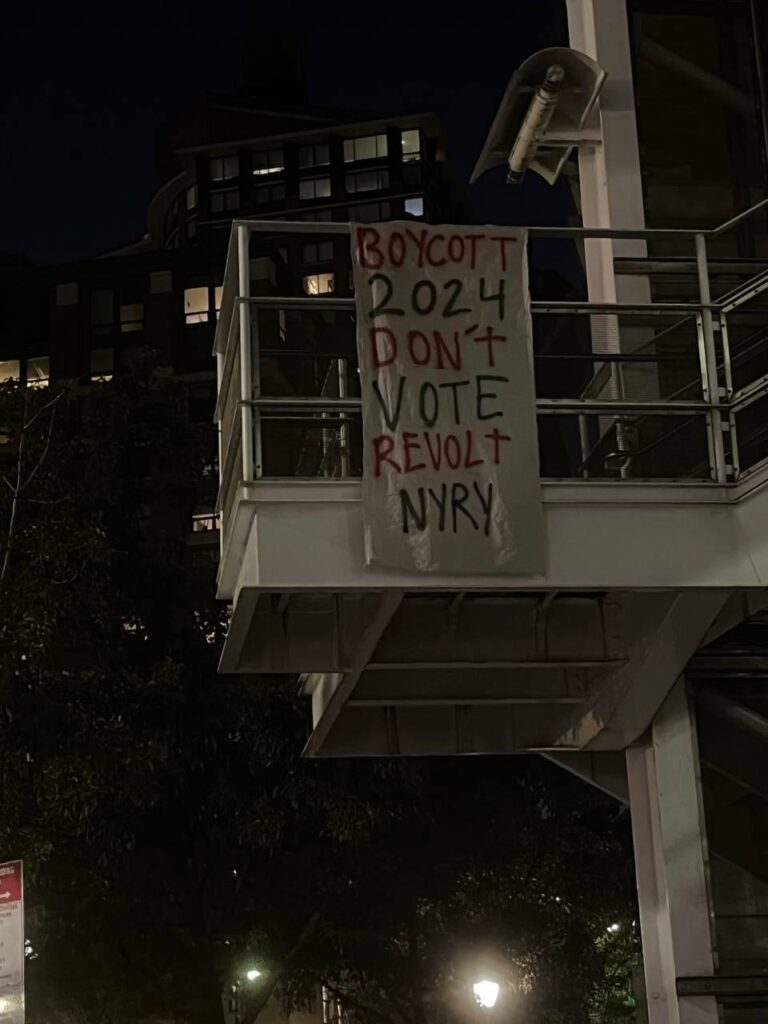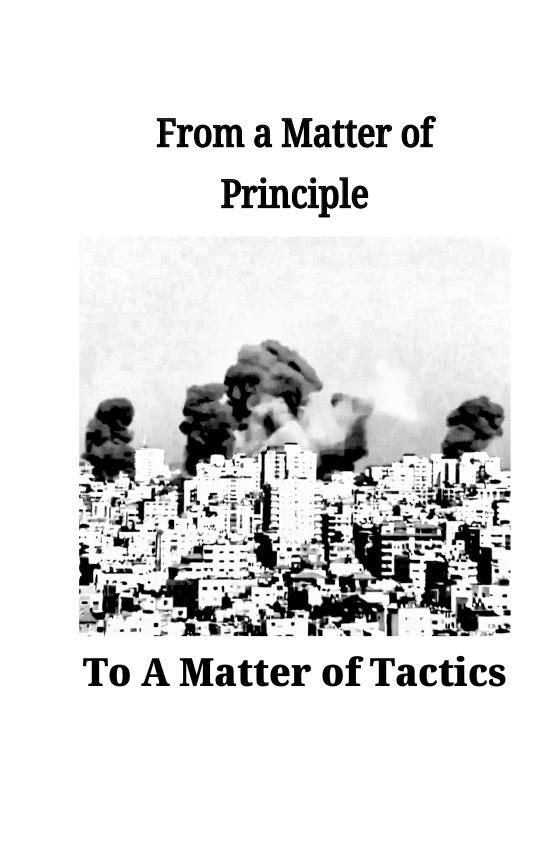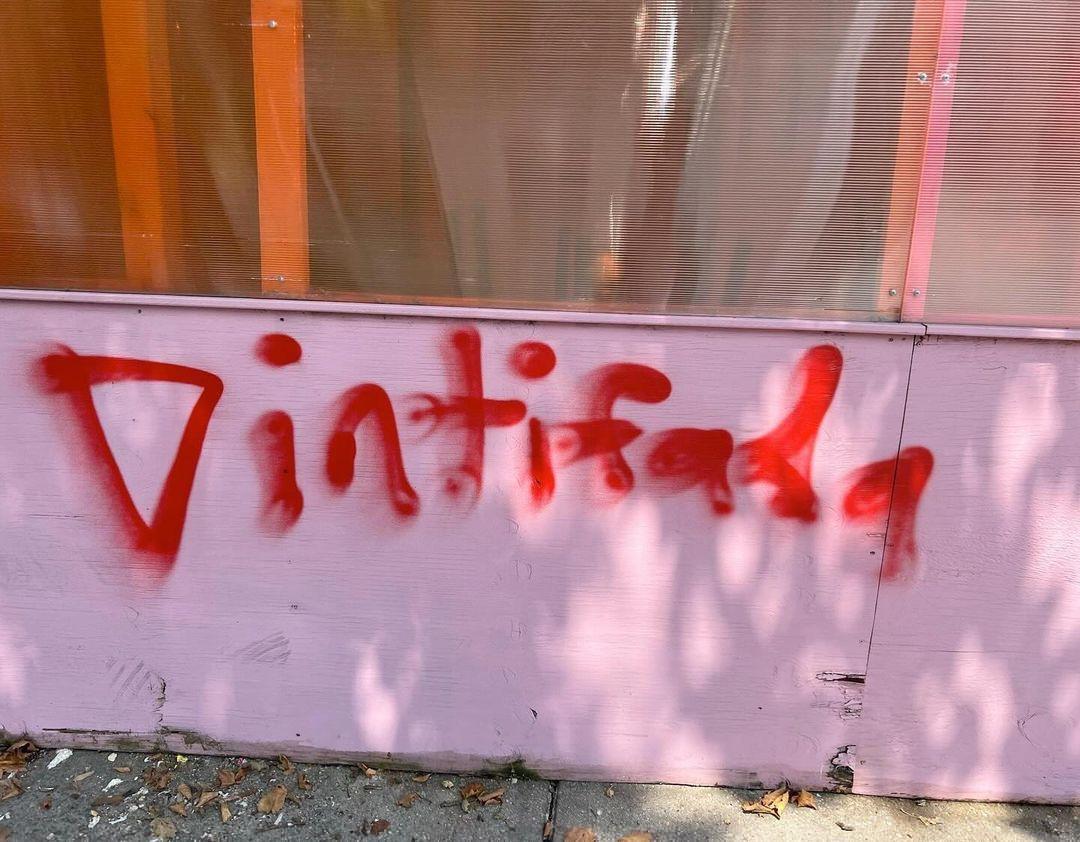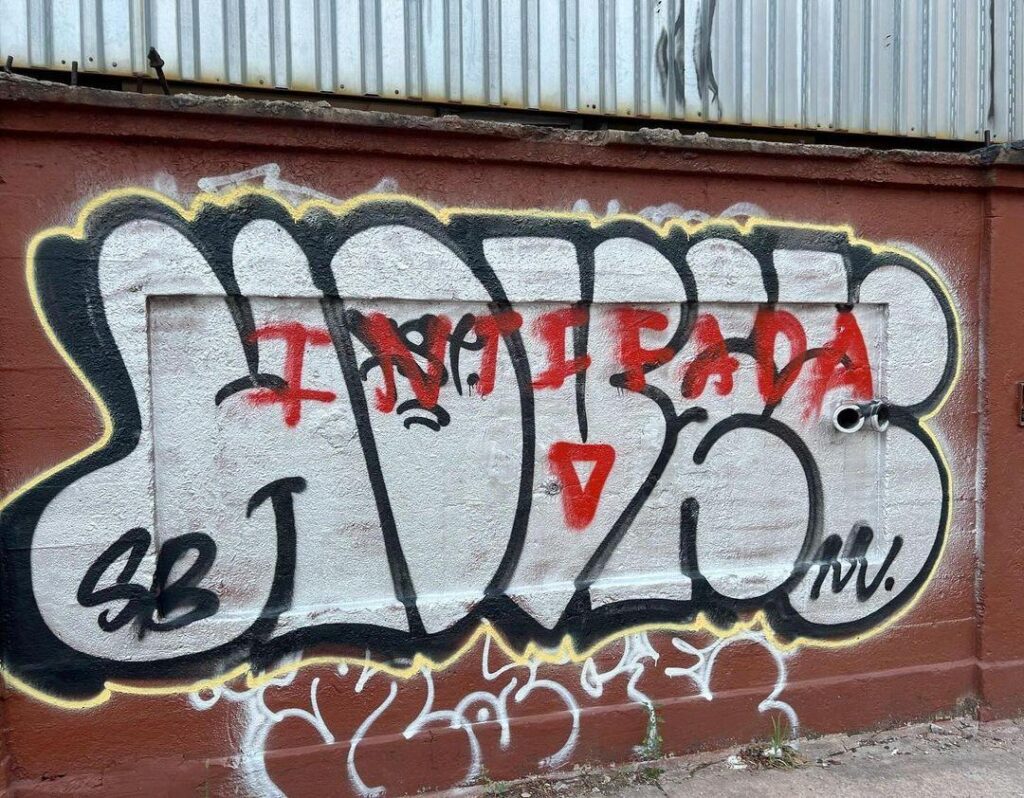Vouching means different things to different anarchists. For some, to vouch for a person means the vouchee is felt to be trustworthy and competent enough for an action. For others, vouching means that the voucher has concrete evidence of the trustworthiness and competence of the vouchee, and is willing to stake their reputation on that evidence.
To agree on whether to vouch for someone or not, we need to be clear about what we mean by vouching. We propose three components of a vouch that might be helpful in discussing that meaning: trustworthiness, competence, and the voucher’s reputation.
Trustworthiness refers to whether or not the vouchee has or will intentionally or unintentionally assist law enforcement. This includes that the vouchee is not currently, and has never been, a law enforcement agent or worked for law enforcement as an infiltrator, that the vouchee has never been a confidential informant and is not currently one, that the vouchee will not intentionally or unintentionally reveal information to those not involved in the action, and that the vouchee will not cooperate with any investigation in the future, even if facing prison time.
Competence refers to whether the vouchee is mentally and physically capable of doing the proposed action, including not abandoning the action before it starts, not having a panic attack during the action, and not becoming physically incapacitated during the action.
Reputation refers to the consequence of giving a bad vouch. Depending on the severity of the violation, and risk of the action, the reputational consequences could range from not taking the voucher seriously in the future, to not doing actions with the voucher or vouchee ever again, to retribution against the voucher and the vouchee for deception or gross incompetence.
Below we give additional detail on the strength of evidence that can be used to assess the trustworthiness and competence of a vouchee, along with a short discussion of the voucher’s reputation, and the consequences of a bad vouch.
Continue reading “A Friend of Mine or a Friend of Ours? – An Essay On Vouching”

